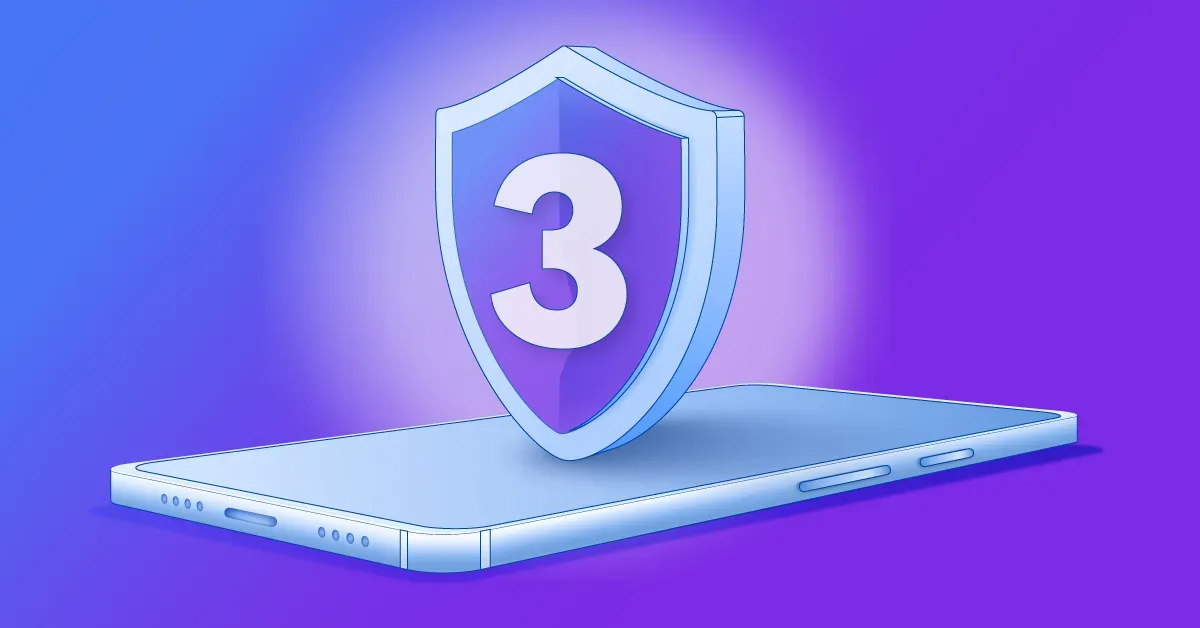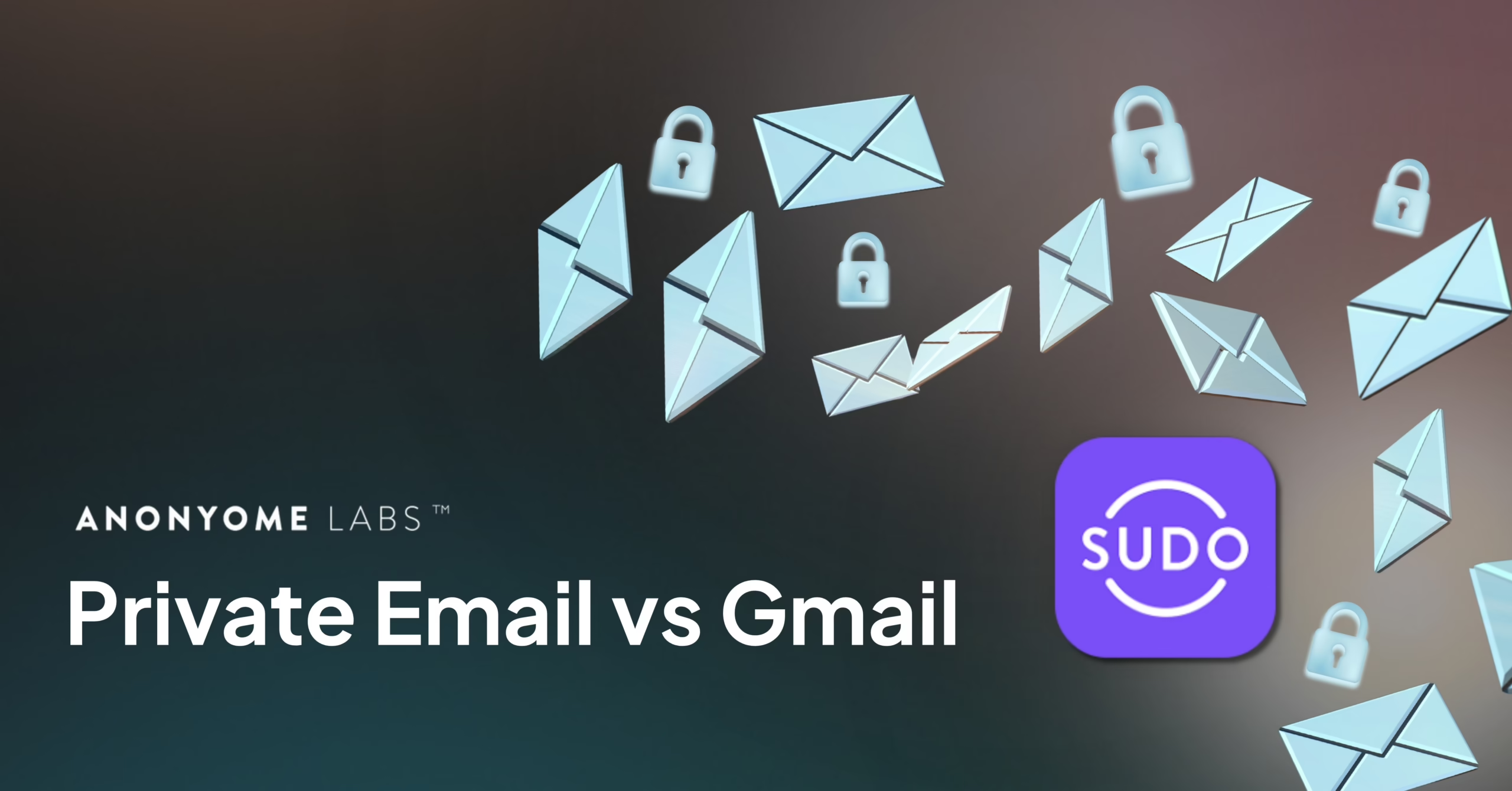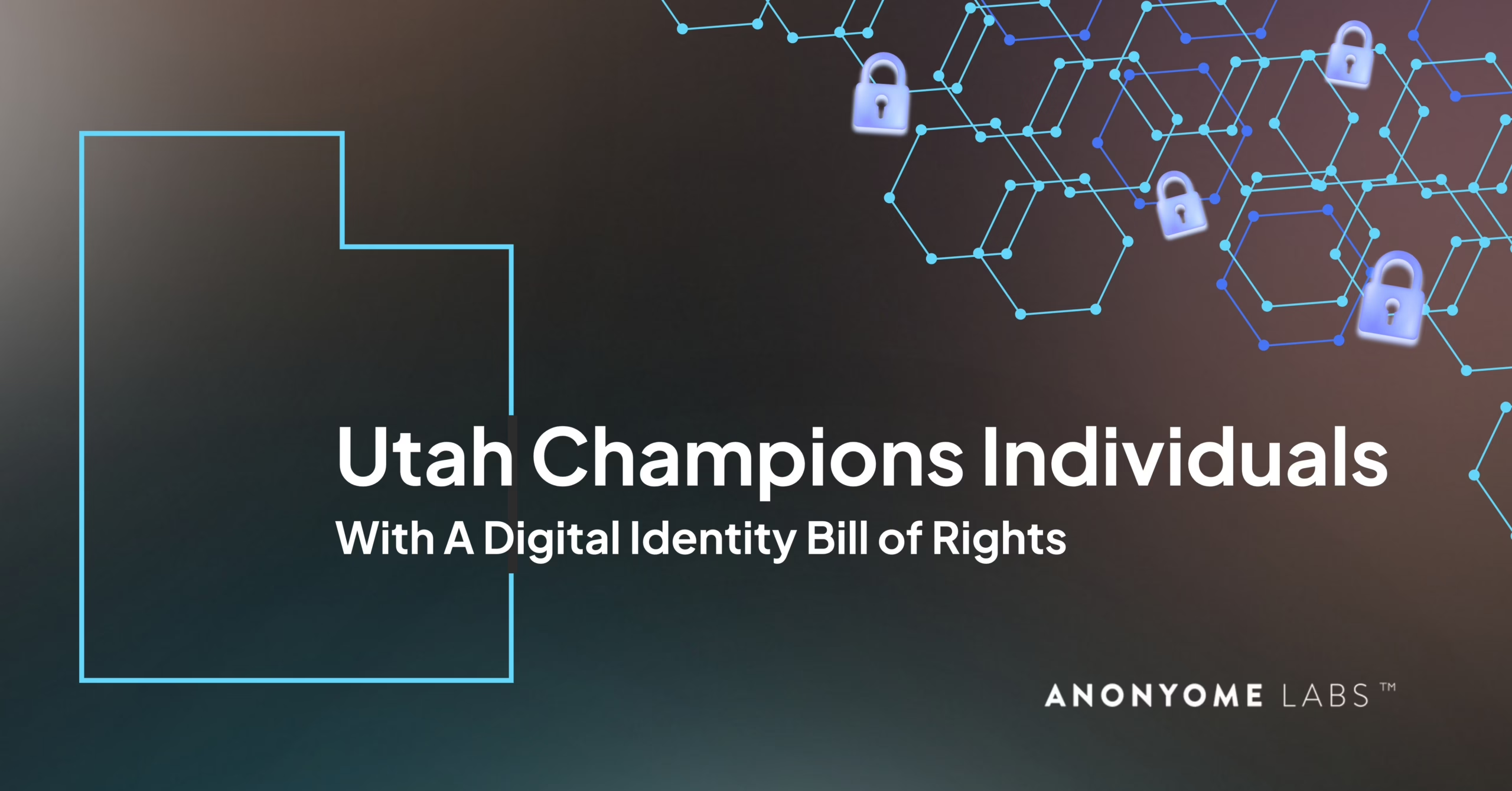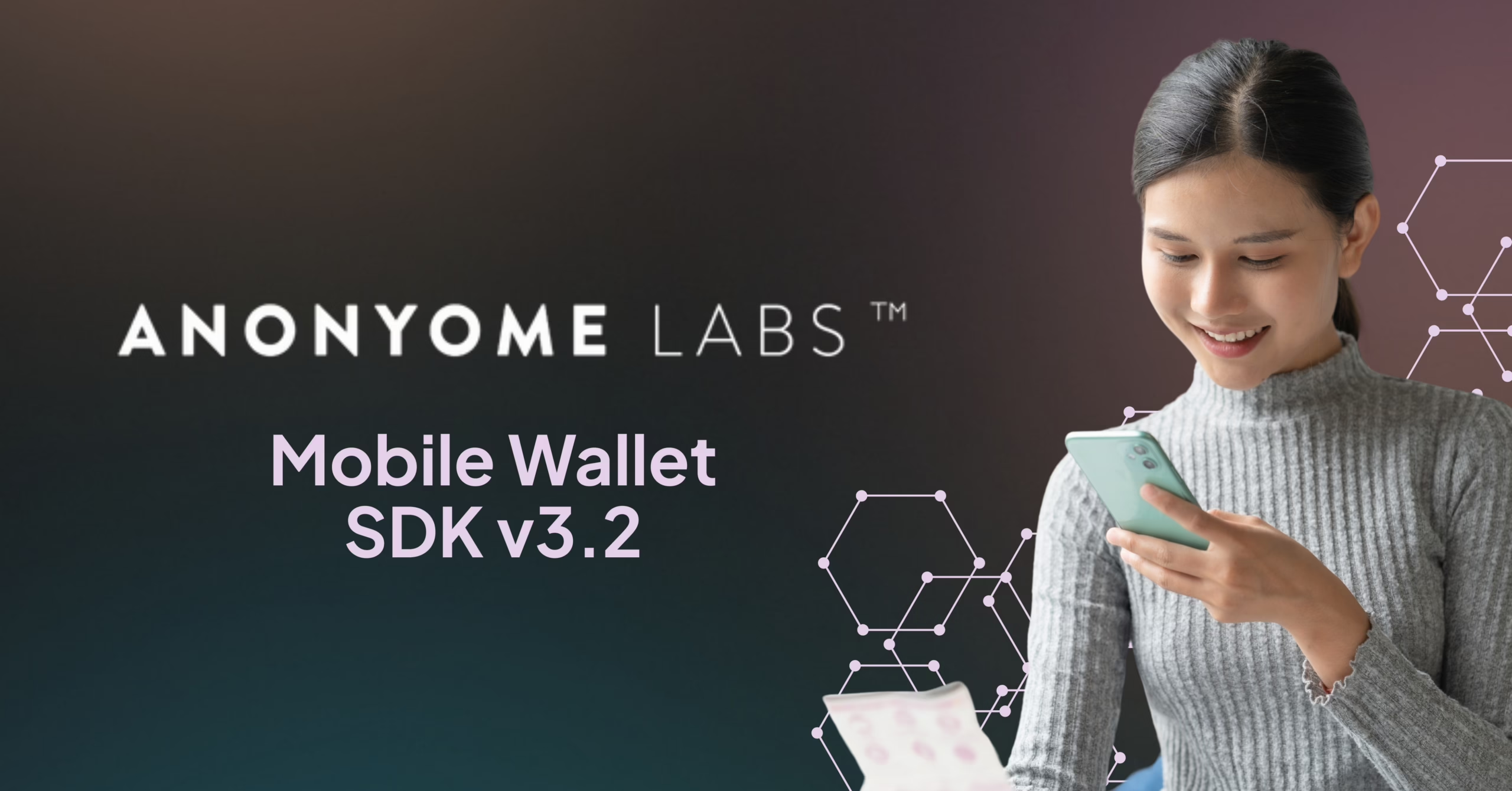When we talk about privacy, we’re also talking about safety. Here are 3 reasons why:
1. The definitions of both concepts show the links between the two.
Privacy means “… the right to be let alone, or freedom from interference or intrusion,” according to the International Association of Privacy Professionals (IAPP). Safety means being free from danger, injury or risk.
Privacy can provide a degree of safety.
In the digital space, data privacy can help achieve cyber safety. Data privacy or information privacy means the right to have some control over how your personal information is collected and used, while cyber safety means being free of risk or harm online, achieved through safe practices.
MySudo all-in-one privacy app is a cyber safety tool.
2. Being vigilant about privacy online can help to mitigate personal safety risks in everyday life.
Look at some recent crimes against social media influencers for a clear connection between giving out personal information in a public forum and risks to personal safety, such as a stalker in Japan who tracked down and assaulted a Japanese singer using her social media posts and selfies. He zoomed in on one image and studied the reflection of a train station in her eyes, quickly figuring out where she would be. Or the Missouri-based serial stalker who was arriving at bars before his victims simply by checking their social media posts. And who could forget the $10 million jewelry theft and personal attack on Kim Kardashian?
3. Data privacy aims to keep data (personal information) safe against improper access, theft or loss—most commonly, data breaches. Data breaches can risk your personal, reputational and financial safety.
You don’t have to be a social media star to have criminals access and use your personal information. A data breach is a security event where highly sensitive, confidential or protected information is accessed or disclosed without permission or is lost. Organizations, governments and individuals can be victims of data breaches, and usually these events are enormously costly in terms of time, money or corporate reputation.
In 2022, Apple, Meta, Twitter, Toyota, AirAsia, and Samsung all reported cyberattacks in the US, and Medibank, Australia’s largest health insurance provider, was badly hit in October. Tech.co lists almost fortnightly major attacks in this list.
According to IBM’s annual cost of a data breach report, data breach costs rose from $3.86 million to $4.24 million in 2021. The US suffers from the most data breaches and 45% of US companies have been hit by a data breach.
Data breaches expose highly sensitive personally identifiable information or PII. PII isn’t only email and passwords; it’s any data that can be used to identify a person, including name, SSN, passport number, driver’s license number, credit card details, residential addresses, telephone numbers, and photographic images, x-rays, and fingerprints. Here are more examples of sensitive personal data.
Criminals can sell the information or use it for their own malicious purposes, such as applying for a home or car loan, opening a new credit card or bank account, and even gaining access to existing personal accounts. Learn more.
Personal information being exposed online doesn’t only result in crime. Targeted advertising, the byproduct of the surveillance capitalism machine, can cause harm too. And while it’s not necessarily physical harm, it can be reputational or financial harm. For example:
- You buy your mother-in-law’s heart disease medication and suddenly your health insurance premium goes up.
- You spend time searching ‘car racing’ and now your car insurer sees you as ‘high risk’.
- Someone uses your driver’s license as ID on bad checks.
- An impostor commits a crime in your name, and you’re wrongly accused.
How to stay safe online
You can see that protecting your online privacy really means protecting your safety. MySudo all-in-one privacy app is a simple way to do it.
MySudo is different from other privacy apps in many ways, not least because it’s built around the Sudo, a secure, customizable digital identity or ‘profile’ that intentionally differentiates from your personal identity and protects your personal data.
A Sudo isn’t a ‘burner’ or fake ID—it’s a real, alternative identity that you can use anywhere your personal identity is required. Your Sudo profile is a secure stand-in for your personal identity, and it’s entirely under your control.
Each Sudo has a range of privacy capabilities and security features built into it, which is what makes MySudo the all-in-one privacy app. You assign each Sudo its own private and secure:
- Telephone numbers (with a monthly plan)
- Handles (free with SudoFree plan and included with every monthly plan)
- Private browsers
- Virtual payment cards*.
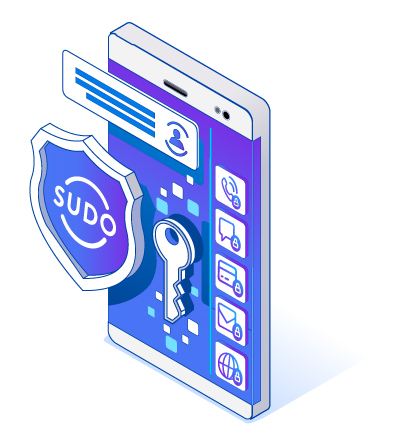
Sure, there are other private messaging apps, private email, and browsing apps on the market, but you’d have to maintain an account with each separate service, which can be unwieldy. And some apps, even the big ones like Signal, ask for your personal phone number to set up the app – which we don’t do, and yet another way we’re different from most other apps on the market today. Read the 2 things MySudo does differently from most other apps.
Adding to the value, we extend the usability of the Sudo by offering you up to 9 separate Sudos in the app (depending on your monthly plan) so you can harness the power compartmentalization, the best data protection strategy on the planet.
Compartmentalization works on the principle of separating your personal information into different contexts (e.g. online shopping, travel, house hunting) so you lessen the impact if one context is breached. We explain compartmentalization in this article.
*This card is issued by Sutton Bank, Member FDIC, pursuant to license by MasterCard International. Card powered by Marqeta.
You might also like:
Dump of 1 Million Stolen Credit Cards for Free Reinforces Value of MySudo Virtual Cards
T-Mobile Data Breach Highlights Huge Value of MySudo Telephony
